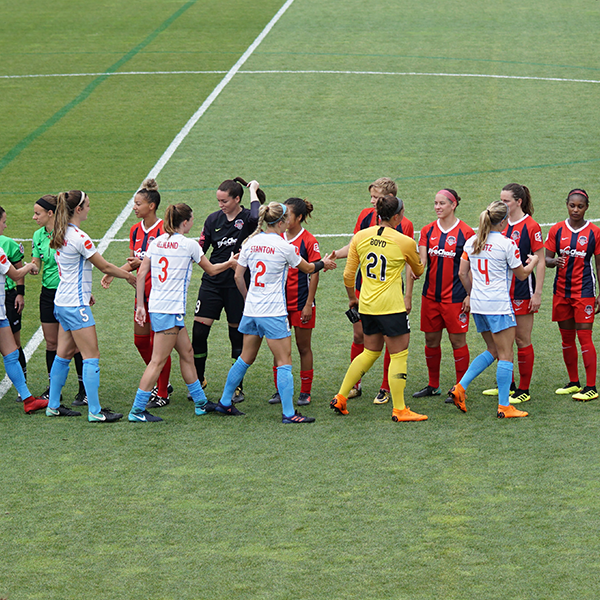Have you noticed that high profile substitutes have been missing really important penalties recently in football? Even thought their penalty records are good, it seems as though coming on as a substitute to score hasn’t worked.
For example, all the players in the Euro final and Premiership who have been bought off the bench to take a penalty are good penalty takers, with a success rate over 90%, which is way above average. So, clearly something is going on to make players miss when they come off the bench.
This got us wondering… should you actually bring a substitute on just to take a penalty? What does the psychology research actually say about substitutes taking penalties?
What is the psychology behind substitutes taking penalties?
Pressure vs ability
Scoring penalties in elite football isn’t actually about technical ability. At the top level, all athletes are skilled and talented, so it comes down to who can manage the pressure of the penalty.
This is especially true for those players coming off the bench: the stress and pressure they feel is even more intense, and that’s why more of these players tend to miss than score.
Reinvestment
When people are stressed, the part of their brain responsible for making good decisions doesn’t work as effectively. This can be seen in sport all the time, particularly in those high-pressure penalty situations. If a player can’t make a good and accurate decision, then it makes it really difficult for them to take the perfect penalty. This often means they go back to bad habits, like poor execution. This is called reinvestment.
Outcome Bias
In football, Outcome Bias happens all the time. This is when we judge the quality of our decision making based on the results, rather than the process of how we got there.
Football is a low-scoring sport, so it’s easy to think that if we win, everything is good, and if we lose, everything is bad. For example, a coach might just assume they made a bad decision if a substitute comes on and misses, when there are many other factors at play.
How can you improve your ability to take a penalty?
Managing stress and pressure
There are many different ways to improve your ability to perform under pressure. For example, it is important to look at the penalty as a challenge rather than a threat — this will help you perform under pressure.
You should also try focusing only on the things you can control and cut out any negative thoughts. For more tips on how to perform under pressure, check out this blog.
Have both a physical & mental warm-up
A physical warm-up is important to ensure you are not coming on cold, and a mental warm-up will ensure you feel cool, calm, and collected.
The mental warm-up consists in thoughts and feelings about the things you can control, things you need to focus on and what matters now. You should not be thinking about the situation or outcome. We believe there are 9 good questions you can ask yourself before you compete - learn more about them here.
Make decisions in advance
If a player is going to come on only to take a penalty, it’s really important that this decision is made way in advance of that happening, or even one before kick-off itself.
This is important so that conversations with the leadership or with the players about what their roles are can be held in advance, helping the player to focus on the process of taking a good penalty as opposed to the outcomes or what-ifs.
Change Outcome Bias
A substitute taking a penalty and missing doesn’t necessarily mean it’s a bad decision. If you can weigh up the quality of your decisions based on the information you had at that time, this will help improve performance and prevent outcome bias.
Final thoughts
Many people are quick to jump to the conclusion that there is no science behind a penalty shoot-out, and they are just luck or even a 50/50 chance.
We know this is not the case — and hopefully now you understand more about the psychology behind why some substitutes miss penalties, as well as ways you can help prevent this from happening.
You may also like:
- The psychology of a perfect penalty
- Penalties: myths vs facts
- The importance of knowing your role in sport
- Our complete guide to football sport psychology





